|
30/3/2023 0 Comments SWIFT Spring Curriculum Forum“Curriculum is a never-ending story.” For our Spring Term Curriculum Forum, education adviser, writer and speaker, Mary Myatt shared her curriculum wisdom and experience as our keynote speaker on Refining the Curriculum. A Teacher of R.E. and former Local Authority adviser and inspector, Mary engages with pupils, teachers and leaders about learning, leadership and the curriculum. She has written extensively about leadership, school improvement and the curriculum, and most recently, ‘Huh: Curriculum conversations between subject and senior leaders’ with John Tomsett. A co-founder of the R.E. Quality Mark, Mary is a member of the Curriculum Advisory Group for Oak National Academy. A curriculum should help to encapsulate and inspire, as well as to provide a QA standard that is strong, robust and clear and gets to the spirit and heart of the subject. Teachers need to have higher expectations of pupils. The tendency is to make classwork too easy and to think that they cannot cope. But they can and they want more demanding work. Consider high challenge, but low threat. Learning is only effective if pupils put some effort into it. Research shows they like doing things that challenge them and make them think. This was found to be especially true for disadvantaged students who often have a diminished reading diet. Through reading, their curiosity was stirred and they could ask if they needed help or an explanation. It is essential to consider and understand the concepts that go through the curriculum. Concepts are like holding baskets for information and grow over time and are powerful for children’s learning. Compare and contrast learning to deepen knowledge and consider the value of Tier 3 vocabulary. Find the gateways into subjects. For example, routes into a topic through the origin of words (etymology), Latin and Greek that can deepen knowledge and skill-up pupils. Dinosaur | from the Greek deinos ‘terrible’ + sauros ‘lizard’. Children like to find out and discover. It makes them feel clever and the role of the teacher is to make pupils feel clever. There is a value in learning through stories as we learn more if we have heard about a topic in a story and stories create the picture. “It makes new knowledge stickier.” But the reading deficit needs to be addressed. Make reading enjoyable. It does not have to be considered work. Think of reading as “a collective cuddle” and make time for reading in the day. A well-chosen text will manage complex ideas, visuals, tone, concepts and rich vocabulary. Use a high-quality text to underpin any element of the curriculum Remember stories are not only in written format, but visual as well and see the high-quality recordings like Lyfta’s storyworlds. Open up the curriculum to children and make them think by offering rich reading materials from authentic sources often with vocabulary lists as with Mary’s inspiring examples of beautifully visual books. We thank Mary for her uplifting talk that makes refining the curriculum feel doable and dynamic. Next academic year, SWIFT will be launching one of Mary’s programmes on Refining the Curriculum with five sessions of resources and opportunities, including access to online resources and self-guided sessions in which up to three school colleagues can take part (delivered by the Tarka Learning Partnership). Check out the Myatt & Co CPD film library of films and webinars designed to support schools’ curriculum, pedagogy and leadership. Headteacher of Marine Academy Primary and Director of Education for the Ted Wragg Trust, Siobhan Meredith led the presentation on the Curriculum in Outstanding Primary Schools. Graded Outstanding by Ofsted in two successive inspections (last inspection March 2022), Marine Academy Primary is also a Department for Education Behaviour Hub and a StepLab Coaching Hub. Siobhan strategically leads Disadvantage and SEND for the Ted Wragg Trust and has oversight of primary and all-through schools within the Trust, which is founded on the late educationalist and academic’s beliefs. There is a broad range of Pupil Premium across the Trust schools from 9% to 59% and social justice is key to support the less disadvantaged, and to provide an education which gives the less privileged access to the knowledge they need to succeed. But also, to give everyone a fair chance in their lives. “Senior staff, including Governors and Trustees, lead the school with an unfaltering moral purpose. They are highly successful in raising pupils’ aspirations and reducing social disadvantage. Leaders place no ceiling on any pupil’s learning or ambitions.” (Ofsted) Curriculum can make the difference and at Marine Academy Primary, it is based on the values of Selflessness, Ambition and Collaboration that demonstrate love and support children to succeed and grow into great people with the highest standards. Not only knowledge is needed to nurture the best human beings. Curriculum is more than learning, and includes a behaviour curriculum, values and morals that are essential for children to develop and builds on cultural capital. Marine Academy Primary is “a school full of joy and rigour” with consistency. Too often curriculum is a buzz word. But it is important to remember that it is a not a trendy initiative. It should be the backbone of a school and is bigger than one person. It is better to do fewer things, but in greater depth and to consider how you create the core. So, to be successful, a school needs a great curriculum, culture and pedagogical understanding to deliver excellent results for children and great teachers to deliver the curriculum. A toxic culture kills anything exciting. It is how the curriculum is taught that is important. Mindful of attendance issues across our region, a curriculum can go a long way to encouraging children to be in school as they do not want to miss out. Marine Academy Primary has a culture of high expectations and strong attendance and is proud of their 96.6% attendance to date this year, thanks to the hard work of the school team and 97% is the goal by the end of the school year. Work on the curriculum began in 2018 when Reach Academy Feltham were given a curriculum innovation fund, working on the basis of no ceiling in the curriculum. It comprises all learning and is knowledge rich and considers how all children are going to achieve; tracking back to where children need to be at the end of their GCSEs in in considering what a successful 16-year-old needs to know; mapping lesson-by-lesson, and planning what sits underneath each lesson and ensuring the cognitive conditions are right. Similarly, for the Early Years children, the curriculum is purposeful and planned across the six terms and matched to the key concepts of the National Curriculum: Daily Phonics, Daily Maths, Daily Guided Lessons, Drop Everything and Read, Plan, Do and Review and Independent Learning Time. The Early Years team have an understanding of Year 1 and if a child finishes one challenge, they do it again tomorrow even better Curriculum stars are awarded to the children across all the year groups who have shown a proficiency in the subject and are encouraged to be polite, articulate and confident and to talk about their learning as part of the living by life’s greatest values ethos. As part of Map Manners, they are guided with scripted conversations and the motto: “Work hard, be kind and amazing things will happen” so that ultimately, they are set up as best they can be for the future for secondary school and to be “well-rounded human beings.” As a special addition to the presentation, next up, Marine Academy pupils: Salam, Jessica, Lilly and Isla-Rose memorably talked articulately to share first-hand their experiences of the curriculum: Star | Sit up, Check the Speaker, Answer all Questions and Respect Others. Shape | Think about how you articulate your voices when you answer in full sentences. Map Manners | For example, holding the door open for someone or when you pass through and someone holds the door open for you, say thank you. In English, the children have been learning about all different types of letters, e.g. complaint letters; as well as formal and informal techniques, and the use of emphasis. Progression between year groups is a key part of the curriculum. For example, in Year 5, guided reading books are built on in Year 6 to help with English learning and the children have studied “Beowulf,” along with “Harry Potter and the Philosopher’s Stone” and “Harry Potter and the Chamber of Secrets.” For the topic of the Industrial Revolution in History, the children have read a book about a little boy whose parents died from cholera and he was put into a factory to work. Whilst for Geography, in Year 5 they went on a fieldtrip to Bellever Forest and identified the evergreen trees and have studied push and pull factors that they regularly revisit and review from Years 4 to 6. For example, on the topic of population growing and decreasing, the children have considered wars and deadly diseases (pushes) and better health care (pull). Geography or History are a focus each term and the other subjects are grouped together. So, in a term where they teach History, Art and Computing are taught and Design Technology and Music are taught alongside Geography. All other subjects are taught every term. The children are encouraged to apply their learning, knowledge and understanding and to use and study texts alongside the topics. In addition, learning takes place outside the classroom with after school clubs and a residential trip in June, plus theatre trips and British Science Week and more. And if a child likes a topic, other books are suggested that they can read at home. It was lovely to see and hear the children’s love of learning and how their knowledge is stored in their long-term memory thanks to their progress, which goes beyond curriculum documentation. The children are a lovely representation of an outstanding school. We thank Siobhan for her uplifting talk and to her and her pupils for sharing their enthusiasm about the curriculum at Marine Academy Primary and the Ted Wragg Trust. Headteacher of Colyton Grammar School Tim Harris led the presentation on the Curriculum in Outstanding Secondary Schools: Playground to PhD. Colyton is an 11-18 years selective school and has been graded Outstanding consistently by Ofsted (last inspection November 2022), positioned as one of the highest performing secondary schools in the region. “The curriculum and the ethos of the school help pupils to develop a strong understanding of the value of people of all backgrounds. There is a culture of appreciation of others for who they are and what they contribute. Students in the sixth form run groups to celebrate those who are sometimes under-represented in wider society. This contributes to the inclusive culture of the whole-school community. As a result, bullying is very rare. If it happens, leaders stop it.” Tim shared a narrative of the curriculum journey at Colyton and how it is important to have a clear purpose and lots of ways to establish the curriculum that meet the needs of your context. The message to students is that they can achieve for life beyond GCSEs and A Levels. The curriculum is a way to support students to excel and thrive at the best universities. But also, to reach their dreams and goals beyond exams and university. With endearing memorable references to The Wizard of Oz, Colyton not only seeks to prepare students to survive; but also, to thrive as creative, resilient, reflective and resourceful young people in an ever-changing world (“over the rainbow”). To show a willingness to go on and acquire further knowledge. SATs, GCSE, and A Levels are all stepping stones in going forward in life. But part of the challenge is to keep moving forwards and curriculum planning is successful when it is underpinned by understanding students’ environment and background in the context of the shared values of Scholarship, Humility and Service. Aspirations are not stable over time and can change and so, constantly, need to be negotiated. Universities and colleges are working with schools and other organisations to improve the attainment of disadvantaged pupils in order to improve their chances of going onto higher education, gaining a good degree and a graduate-level job. Tim cited the well-known work of Lee Elliot Major OBE, Professor of Social Mobility at Exeter University and the startling research that shows the South West is one of the worst performing regions for the number of disadvantaged students progressing to top universities. A curriculum should have ambition, and direct and allow the opportunity to learn and increase attainment and for attainment to meet aspirations. Work sampling can be an effective tool in checking a curriculum is consistent and clear. When the Colyton Leadership Team was looking at their curriculum statement principles, they reflected on what they needed it to look like. They wanted to create a love of all subjects and to provide the best support for students to achieve their goals through a knowledge-rich curriculum. Extracurricular activities are not separate to the curriculum. They are part of the curriculum as real time activities. Students are almost instructed to try new activities that enables them to adapt their knowledge and skills for jobs and apprenticeships. As part of the planning the Colyton SLT involved Heads of Department and Subject Teams and encouraged them to work backwards from Year 1 undergraduate to Year 7. They provided them with time to plan, by taking a day off teaching to meet as a team to plan their subject curriculum. In September/October, firstly, to help their thinking, following a review of the exam results and later in the Summer Term; which all supported buy-in from staff to be adapted and built upon with ambition. The move to a digital environment has successfully helped to improve the work-life balance. Once a curriculum is designed and implemented, it is important to check that it is engrained and to look at the building blocks and to see progression in everything the students are doing. As a curriculum support, subject specialists are in place, competitions and enrichment are essential components and reading is key. Students are encouraged to be autonomous scholars. Colyton no longer uses effort grades. Students are given a grade on their scholarship and scholarship leaders are developed across the school. It is worth noting, this year, as a high achieving school, Colyton has 14% of Year 13s holding places at Oxbridge. Tim concluded his presentation by returning to The Wizard of Oz and how Dorothy’s journey was as important as the end result of going home. “Remember your experiences.” There is always lots to learn and improve (and to continue the Oz theme, think also of the journeys of the Lion, the Tin Man and the Scarecrow) and it is expert teachers who help to create the pathways so that students can achieve these dreams. We thank Tim for his presentation and sharing insights into the successful curriculum at Colyton Grammar School, with his generous invitation for school leaders to visit should they wish to do so. Tim has been teaching for thirty years, in which time he has gained experience through roles as Head of History, Head of Sixth Form and Director of Admissions. The majority of his teaching career has been undertaken in the Thames Valley region of the South East working in a variety of schools in both the selective and non-selective sector before moving to Devon from his position as Deputy Headteacher at Reading School. With grateful thanks to our SWIFT sponsor, Lyfta who put us in the right frame of thinking about curriculum as the award-winning immersive learning platform, supporting teachers to build interactive and curriculum-aligned lessons that ultimately bring learning to life.
Lyfta’s Head of Educational Research, Dr Harriet Marshall works with teachers all around the world and brings the world into classrooms for those young people who might not be able to visit so that they can glimpse at the different ways of living and perspectives. Based on the Global Learning Programme and sustainable goals, Lyfta enables young people to feel a connection with their learning and is a powerful resource that encourages a sense of belonging. Lyfta develops abstract concepts through human stories as 360 experiences that can be mapped to PSHE lessons and other subjects in the curriculum that enable young people to connect with challenging concepts that might otherwise feel distant. For example, deforestation and melting ice caps. Report by Jude Owens, PA to the SWIFT Executive Team
0 Comments
|
SWIFT News
|
SPONSORED BY
Join us, be a part of our SWIFT community |
© COPYRIGHT 2022 SOUTH WEST INSTITUTE FOR TEACHING SWIFT. ALL RIGHTS RESERVED | Website by brightblueC
VIEW OUR PRIVACY NOTICES | VIEW OUR COURSE T&CS
VIEW OUR PRIVACY NOTICES | VIEW OUR COURSE T&CS

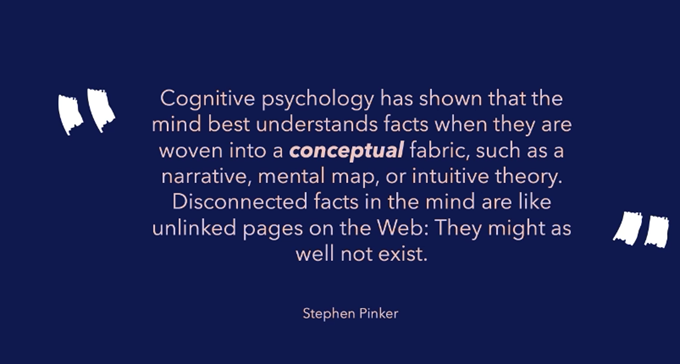

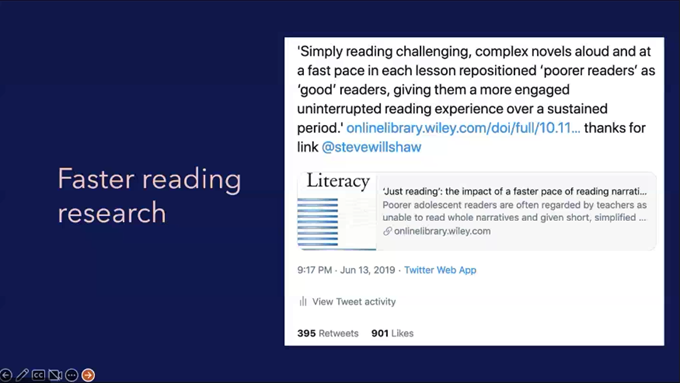
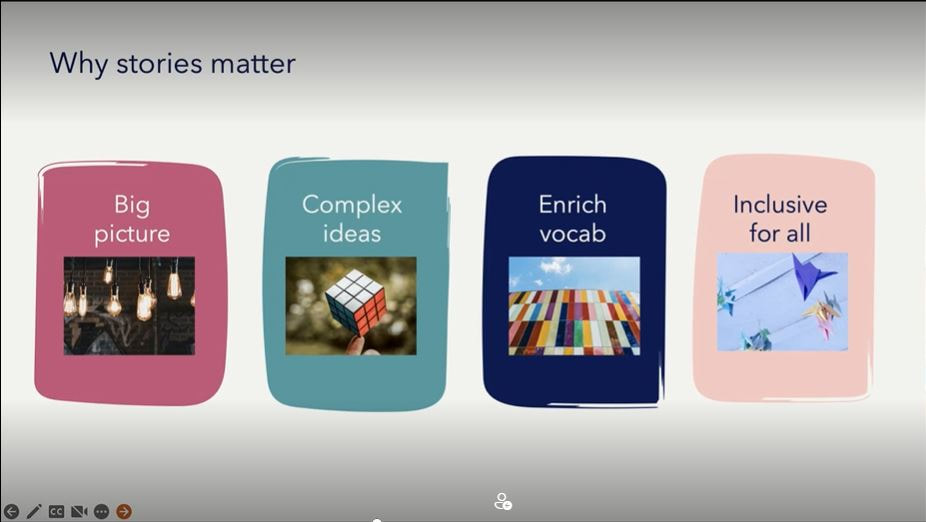

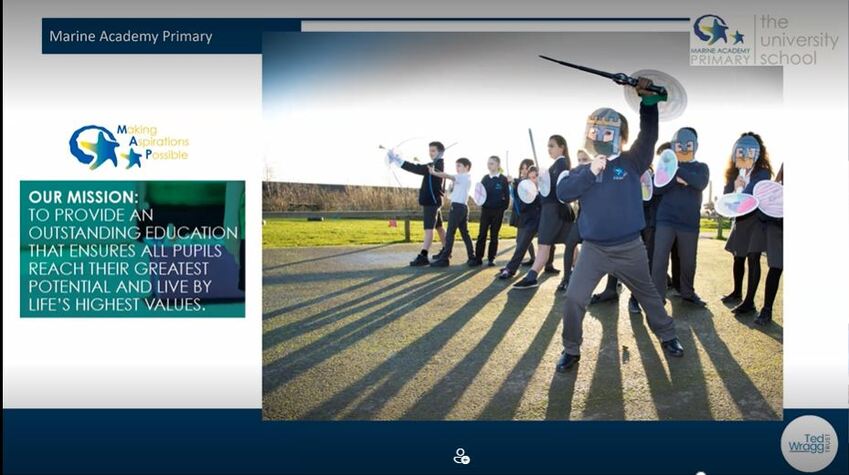
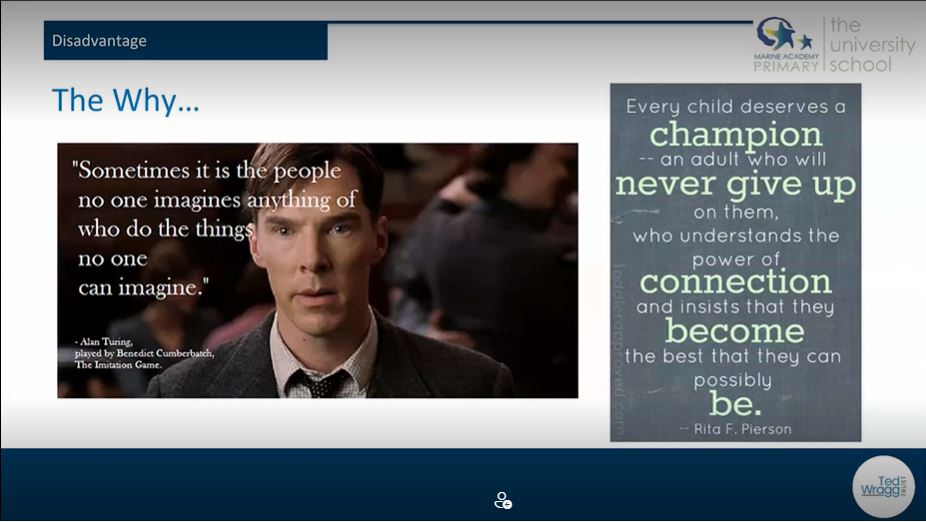
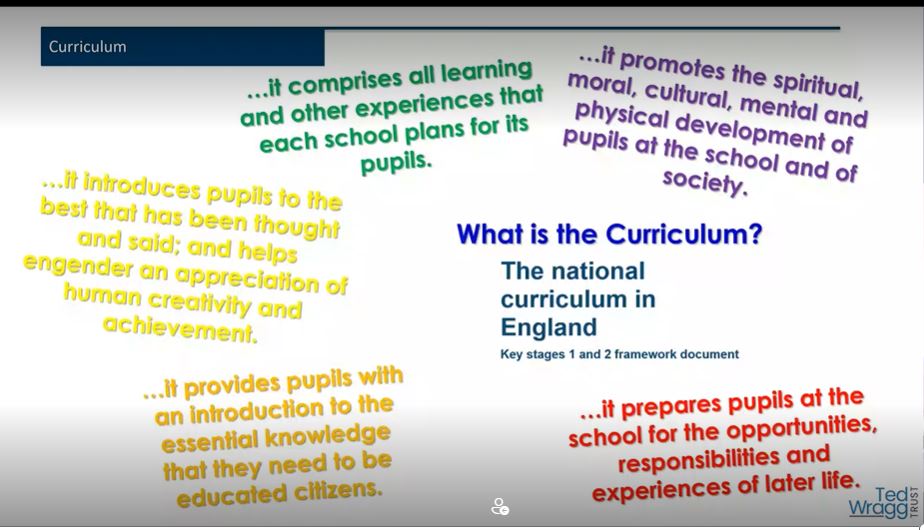
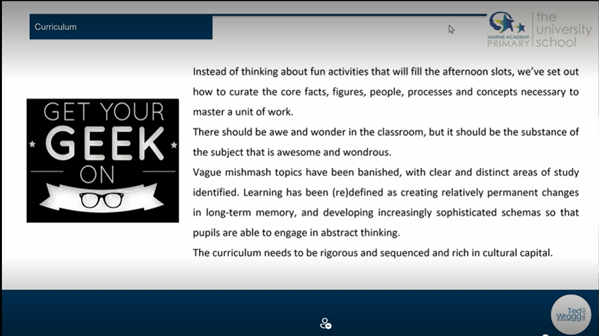
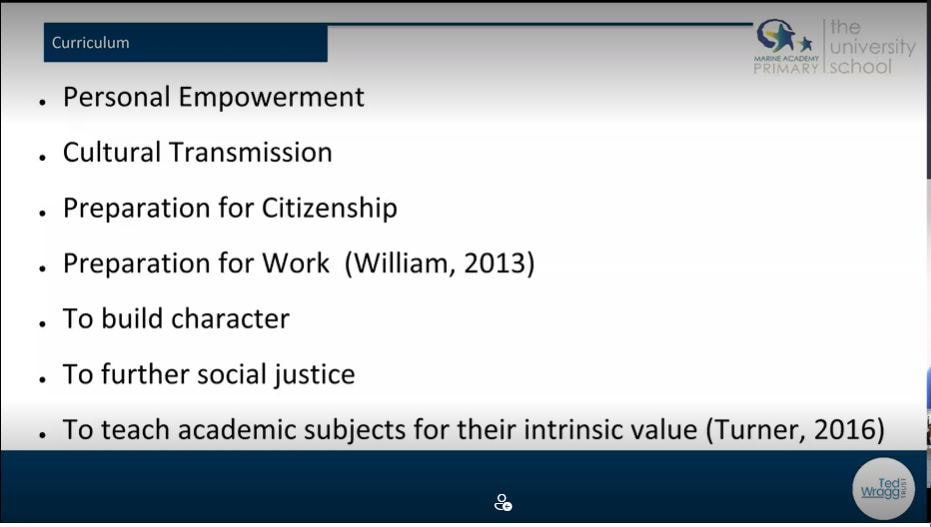
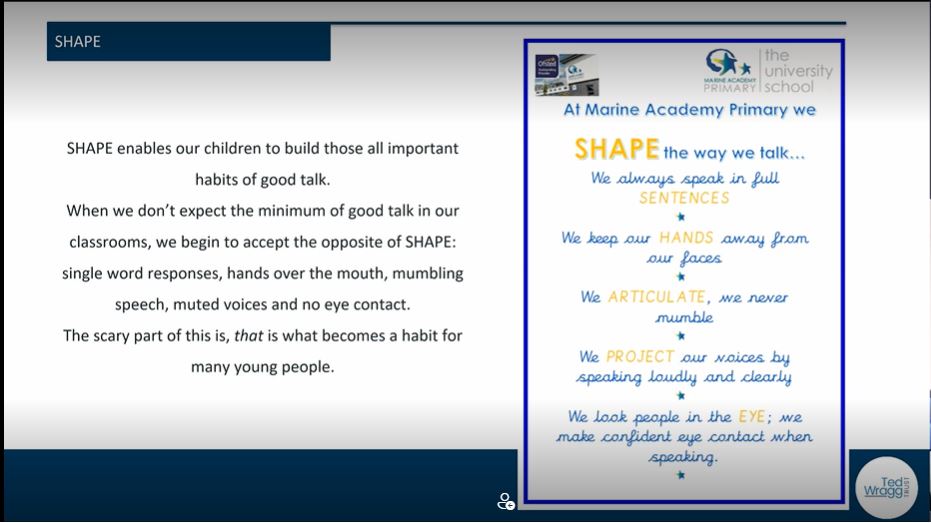
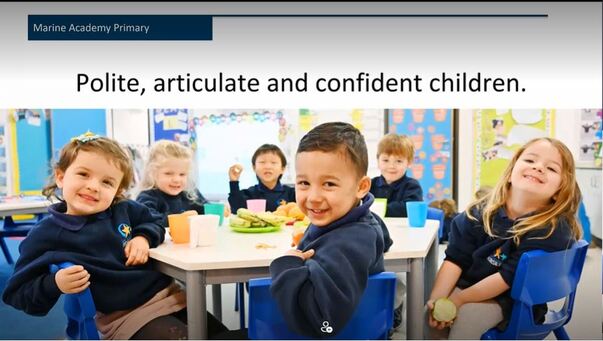
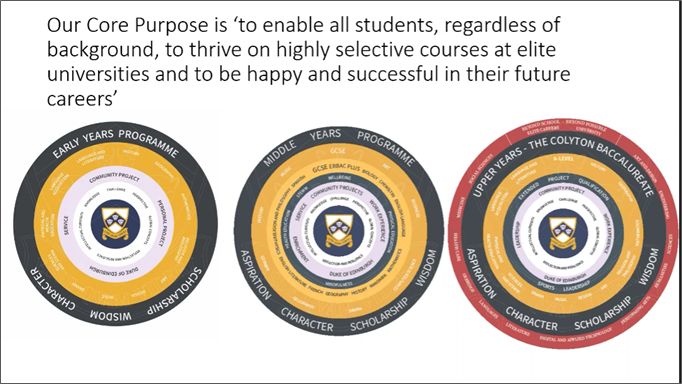


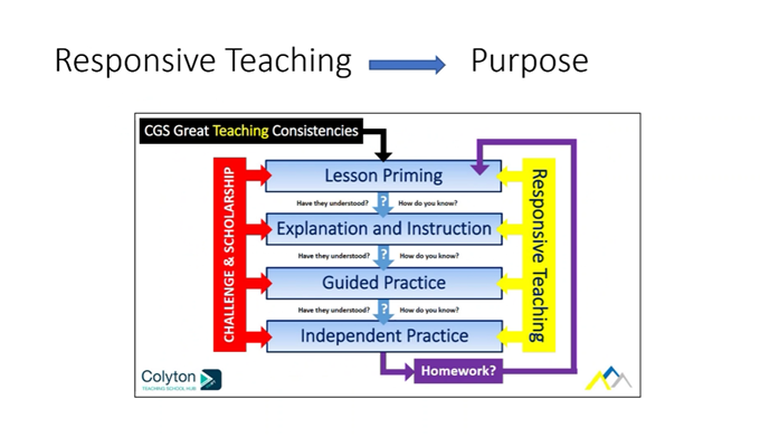
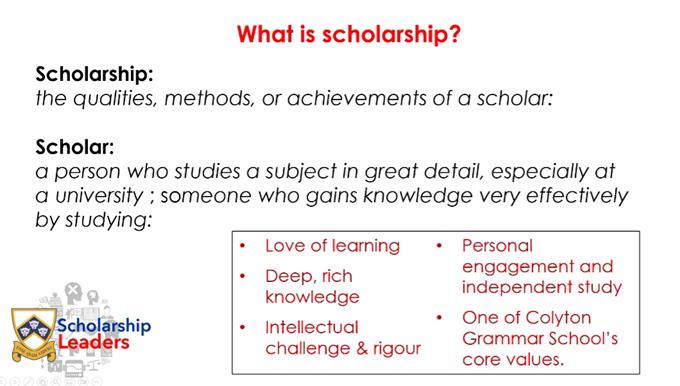
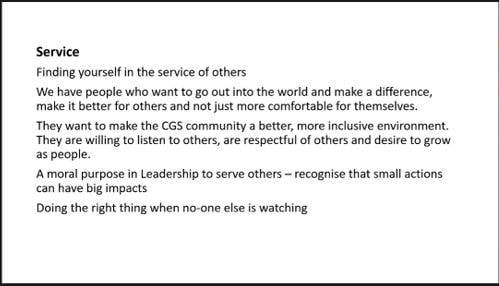
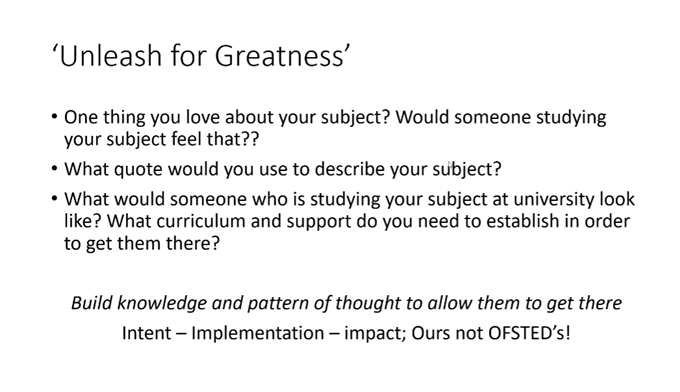
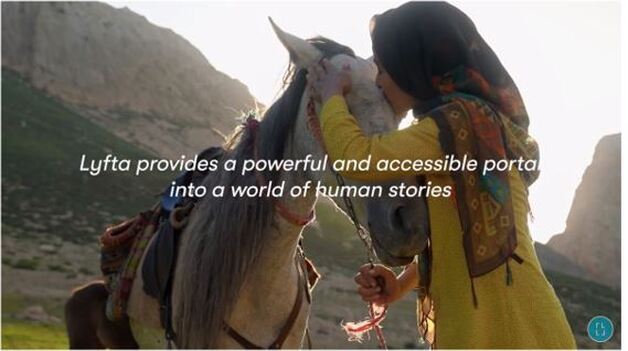
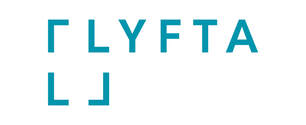
 RSS Feed
RSS Feed





